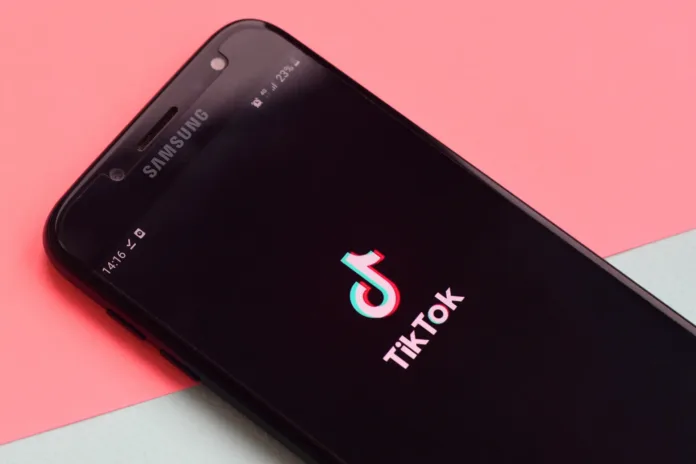The Supreme Court’s January 10 arguments suggest a looming TikTok ban as justices express doubts over the app’s legal challenge
The U.S. Supreme Court has indicated it is likely to uphold a law that could see TikTok banned in the U.S. by January 19, 2025, as justices expressed skepticism about the company’s legal challenge during oral arguments on January 10. The law, passed by Congress last year, mandates that TikTok must sever ties with its China-based parent company, ByteDance, or face a shutdown in U.S. app stores.
TikTok has become a focal point of national security concerns due to its connection to China, a major geopolitical adversary. U.S. officials argue that the app could serve as a tool for China to gather sensitive data on American citizens and manipulate content. However, TikTok, ByteDance, and a group of content creators argue that the law violates the First Amendment and that it could set a dangerous precedent for free speech in the U.S.
During over two hours of court proceedings, the justices raised concerns about TikTok’s data collection practices, with Chief Justice John Roberts suggesting that while Congress may support free expression, it is uncomfortable with allowing a foreign adversary to access personal data from millions of Americans. The court’s questions seemed to reflect growing concern about the potential security risks posed by the app, although some justices questioned the government’s claim that the law was necessary to prevent covert Chinese influence on American users.
Embed from Getty ImagesThe law would go into effect on January 19 unless the Supreme Court intervenes, potentially preventing the app’s removal from U.S. stores. A decision in favour of the government would make it possible for President-elect Donald Trump to enforce the ban when he assumes office on January 20. TikTok’s legal team, led by Noel Francisco, is requesting a delay or overturn of the law, arguing that its enforcement would harm free speech rights.
As the case unfolds, the outcome could reshape the landscape of tech regulation, data privacy, and free expression, with the court’s decision potentially influencing future U.S.-China relations and the rights of global tech companies operating in the U.S.
